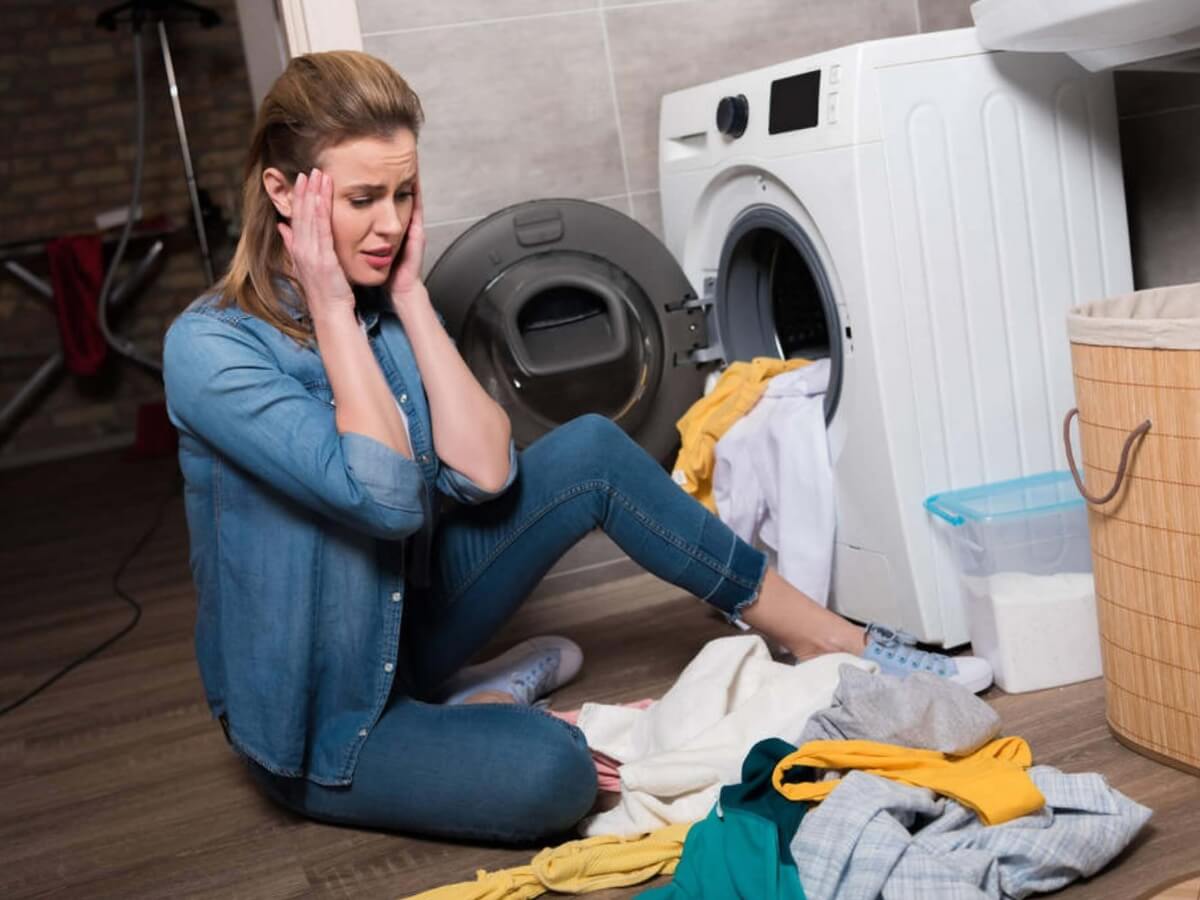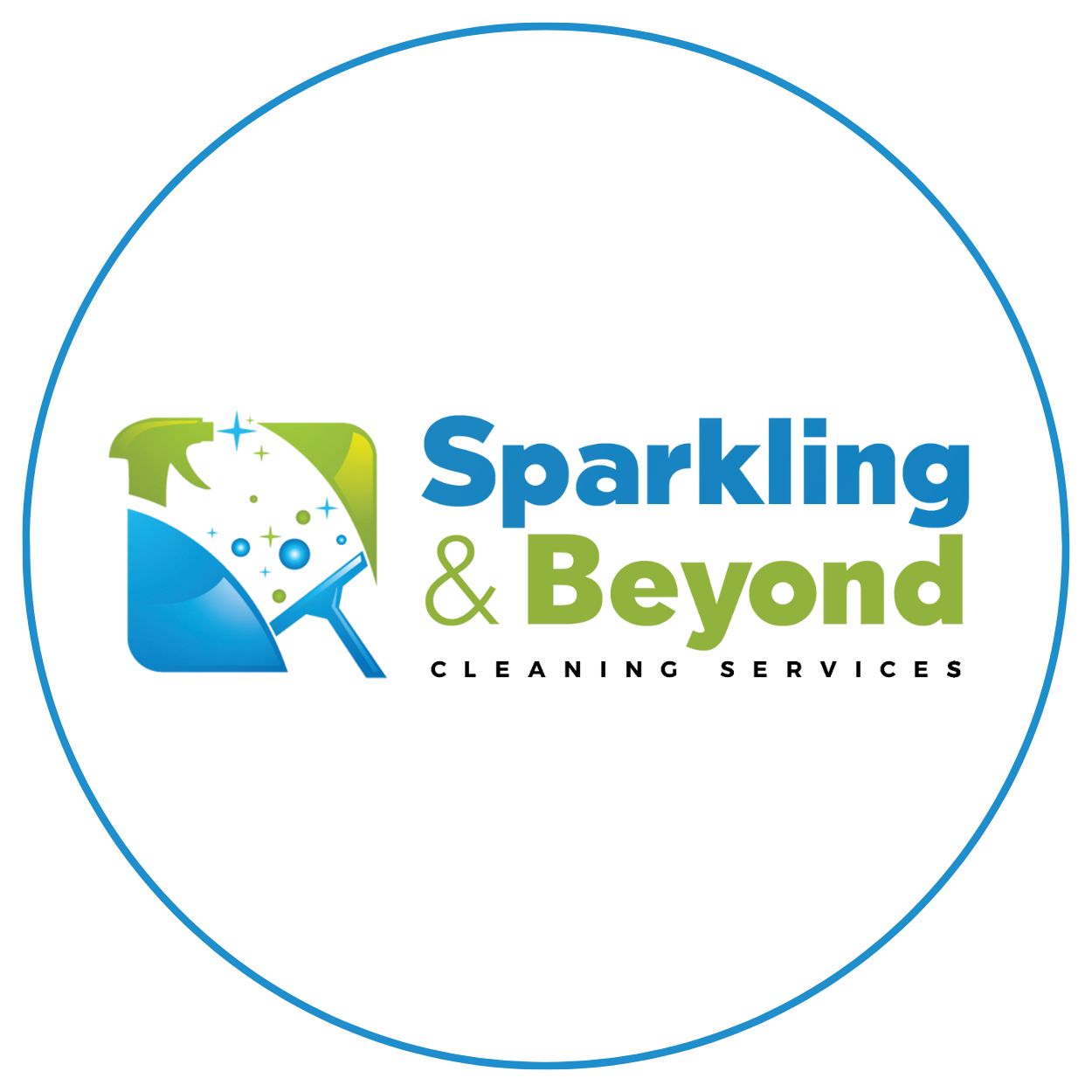Are you tired of walking into your laundry room and being greeted by an unpleasant sewage smell? We all want our homes to be fresh and inviting, but sometimes, odors can sneak their way into the most unexpected places. If you’ve been wondering why your laundry room smells like sewage, fear not! In this blog […]

Are you tired of walking into your laundry room and being greeted by an unpleasant sewage smell? We all want our homes to be fresh and inviting, but sometimes, odors can sneak their way into the most unexpected places. If you’ve been wondering why your laundry room smells like sewage, fear not! In this blog post, we will explore the possible causes of this unwelcome aroma and provide you with practical solutions to eliminate it for good. So let’s roll up our sleeves and get down to the nitty-gritty of tackling that stinky situation!
One of the first steps in solving any problem is understanding its root cause. When it comes to a sewage smell in your laundry room, there can be several factors at play.
It’s important to check if there are any plumbing issues. Sewer gases can escape through damaged or loose pipes, causing that unpleasant odor to permeate your space. Inspect the pipes for leaks or cracks and ensure they are properly sealed.
Another culprit could be a dried-out P-trap under your washing machine or utility sink. The P-trap is designed to hold water and create a barrier against sewer gas odors. If the water evaporates due to infrequent use, it causes the trap to become ineffective and allows those foul smells into your laundry area.
Additionally, improper venting of your plumbing system might contribute to the issue. Ventilation allows air pressure equalization within the system and prevents sewer gases from escaping into living spaces. A clogged or poorly installed vent pipe can lead to odors seeping into your laundry room.
If you have recently installed new appliances in your laundry room, such as a washing machine or dryer, make sure they were properly connected and that their drain hoses are intact without any kinks or blockages.
Understanding these potential causes will help you narrow down the source of the sewage smell in your laundry room so that you can take appropriate actions for its elimination.
Nobody wants their laundry room to smell like sewage. Not only is it unpleasant, but it can also be a sign of underlying issues that need to be addressed. Fortunately, there are several possible solutions you can try to get rid of the smell and restore fresh air in your laundry area.
Check for any clogs or blockages in your drains. Sometimes, buildup of debris and dirt can cause odors to linger. Try using a plunger or drain cleaner specifically designed for sewer smells to clear out any potential obstructions.
Next, ensure that your washing machine is properly maintained. Over time, detergent residue and mold can accumulate inside the machine, leading to unpleasant smells. Run an empty cycle with hot water and vinegar or baking soda once a month to eliminate these odors.
Additionally, consider installing a p-trap on your washing machine’s drain hose if you don’t already have one. This device prevents sewer gases from flowing back into the room by creating a water seal.
Another solution is proper ventilation. Make sure that your laundry room has adequate airflow by opening windows or using exhaust fans during and after doing laundry. Fresh air circulation helps prevent stagnant smells from lingering.
Regularly clean all surfaces in your laundry room including floors, walls, countertops, and appliances with mild soap or disinfectant cleaners. Pay extra attention to areas prone to moisture such as under sinks or behind appliances where mold growth may occur.
By implementing these possible solutions consistently and maintaining good hygiene practices in your laundry room, you should be able to eliminate sewage smells effectively and keep them at bay in the future.
One of the best ways to prevent sewage smell from infiltrating your laundry room is by keeping it clean. Make sure to regularly wipe down surfaces, remove any lint or debris, and mop the floor if necessary. By maintaining cleanliness, you can minimize the chances of odors developing.
A well-maintained plumbing system is crucial in preventing sewage smells. Inspect pipes for leaks or cracks and repair them promptly. Additionally, ensure that drains are clear from any clogs by using drain cleaners or hiring a professional plumber when needed.
Installing a trap primer can help keep sewer gases from entering your laundry room through floor drains or unused sinks. This device adds water to traps regularly, creating an effective seal against odors.
Adequate ventilation is essential in preventing unpleasant smells in any room, including the laundry area. Ensure there is proper airflow through windows, vents, or fans to eliminate stagnant air and promote fresh circulation.
Sometimes, the source of sewage smell may be traces left behind on clothing after washing due to low-quality detergents or fabric softeners not effectively removing bacteria and odor-causing substances from fabrics.
By implementing these tips into your routine maintenance habits, you’ll greatly reduce the likelihood of experiencing sewage smells in your laundry room again!
Sometimes, no matter how diligent we are in preventing sewage smells in our laundry rooms, the problem persists. In such cases, it may be time to seek professional help from a plumber. But when exactly should you call them?
First and foremost, if you’ve tried all the possible solutions mentioned earlier and nothing seems to work, it’s time to bring in an expert. A persistent sewage smell could indicate a more serious issue with your plumbing system that requires professional attention.
Additionally, if you notice other signs of plumbing problems along with the unpleasant odor—such as slow drains or gurgling sounds—it’s best not to delay any longer. These symptoms often point towards blockages or leaks that can worsen over time if left unattended.
Another instance where calling a plumber is necessary is when the smell becomes unbearable or poses health risks. Sewage odors can contain harmful gases like methane and hydrogen sulfide, which can cause headaches, respiratory issues, and nausea. Your safety should always be a top priority!
Remember that plumbers have specialized knowledge and equipment to diagnose and fix plumbing issues effectively. They will conduct thorough inspections of your pipes and identify any underlying problems that may be causing the sewage smell.
A trained plumber will also offer long-term solutions instead of temporary fixes. By addressing the root cause of the problem rather than just masking it with air fresheners or deodorizers, they ensure that your laundry room remains odor-free for years to come.
It’s important to note that regular maintenance plays a crucial role in preventing future sewage smells as well. A qualified plumber can provide advice on proper care for your plumbing system and suggest preventive measures tailored specifically to your situation.
In conclusion (as per writing instructions), knowing when to call a plumber for assistance is key in resolving persistent sewage smells in your laundry room efficiently and effectively.
Proper maintenance and regular cleaning play a crucial role in keeping your laundry room smelling fresh and free from sewage odors. Neglecting these tasks can lead to the buildup of dirt, mold, mildew, and other unpleasant substances that can emit foul smells.
Regularly clean your washing machine to prevent the accumulation of detergent residue, lint, and debris. Wipe down the drum, door seal, and detergent dispenser regularly with a mixture of vinegar and water or a mild cleaning solution. This will help eliminate any odor-causing bacteria or mold growth.
Don’t forget about your dryer vent! Over time, lint can accumulate in the vent pipe, restricting airflow and causing musty odors. Clean out the vent pipe at least once a year to ensure proper ventilation.
Keep an eye on your plumbing system as well. Clogged or damaged pipes can result in sewer gas leaks that permeate through your laundry room. Regularly inspect for any signs of leaks or blockages and address them promptly.
Additionally, make sure you have proper ventilation in place to allow moisture to escape effectively. Install exhaust fans or open windows when doing laundry to reduce humidity levels.
By maintaining cleanliness and addressing issues promptly, you can keep unpleasant sewage smells at bay while also promoting a hygienic environment for both yourself and your clothes. Stay proactive with maintenance tasks for long-lasting freshness!
Maintaining a fresh and clean laundry room is essential for a pleasant home environment. If you’re experiencing the unpleasant smell of sewage in your laundry room, it’s important to understand the causes and take appropriate measures to eliminate it.
What to look for in hiring a cleaning service in Alameda, CA. Follow our tips above to see some incredible changes.
In case you need to refresh your living space, at sparklingandbeyond.com, we provide you with affordable and reliable cleaning services and a lot of helpful tips.
Feel free to contact us today! Our experienced cleaning experts are waiting for you!
If you want to check our availability and pricing, please check here

As the admin of Sparkling & Beyond, I bring a wealth of knowledge and passion for excellence in the cleaning industry. With years of experience in providing top-notch cleaning solutions, I am dedicated to sharing valuable insights and tips to help maintain pristine and healthy living environments. My mission is to ensure every home and office we service sparkles with cleanliness and comfort.
![]()